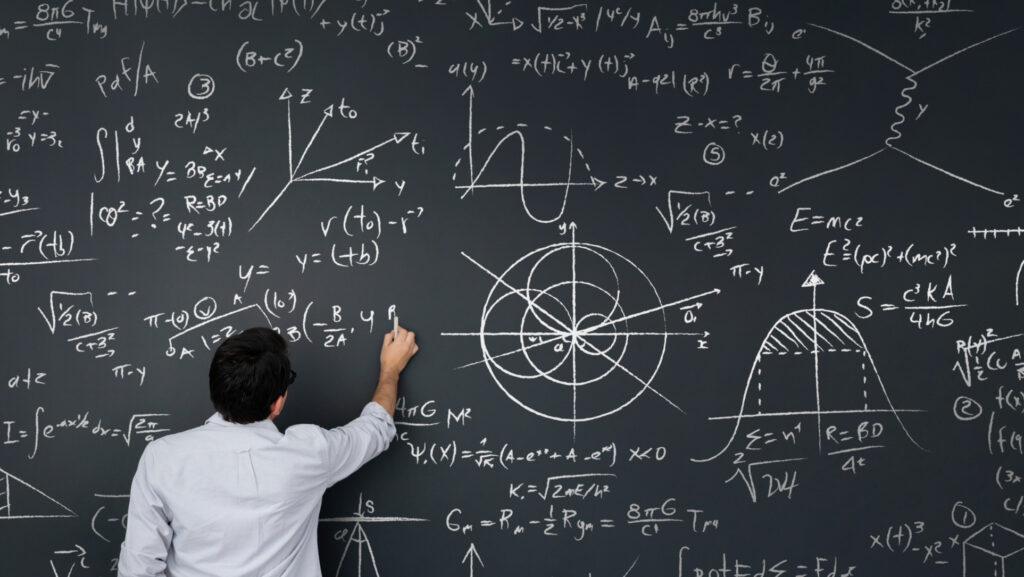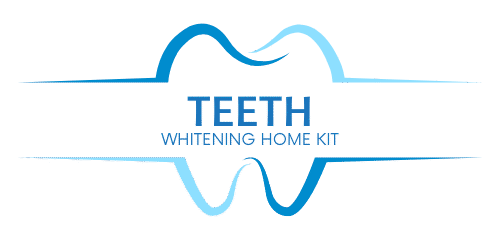
A University at Buffalo postdoctoral researcher will use artificial intelligence (AI) to uncover how gum disease develops and progresses.
Lu Li, a postdoctoral associate in the School of Dental Medicine’s Department of Oral Biology, has received a $993,098 Pathway to Independence Award (K99/R00) from the U.S. National Institutes of Health (NIH). The five-year grant will fund Li’s use of machine learning to study bacterial communities in the mouth, using samples collected from more than 2,600 people — some tracked over a five-year span.
“This work will uncover novel patterns in oral microbial ecology, improve our ability to predict periodontitis progression, and lay the groundwork for personalized prevention and treatment strategies,” said Li, who works under Patricia Diaz, the Sunstar Robert J. Genco Endowed Chair in Oral Biology and director of the UB Microbiome Center.
The NIH award supports promising postdoctoral researchers as they transition into tenure-track or equivalent faculty positions.
“It’s a prestigious grant,” Diaz says. “Lu is the first post-doctoral associate in the dental school to receive it.”
Manifold learning
Li’s project uses a form of advanced machine learning called manifold learning, which distills complex data into simplified patterns. The aim is to map microbial states linked to periodontitis and identify how they evolve over time to predict which patients’ conditions may worsen.
Related: AI shows promise in predicting dental treatment durations
Related: This is how your patients really feel about AI in dentistry
Collaboration across different disciplines
The mentorship committee also includes Jean Wactawski-Wende, dean of the School of Public Health, and Michael Buck, director of genetics, genomics and bioinformatics in the Jacobs School of Medicine and Biomedical Sciences.
Li’s work will draw on data from two long-running UB studies: the Buffalo Myocardial Infarction Perio Study, which examined links between periodontal disease and recurrent cardiovascular events, and the Buffalo OsteoPerio Study, which investigated osteoporosis and gum disease in older women.
In the grant’s second phase, Li will focus on independent research, analyzing oral bacteria at the strain level to reveal genetic and functional traits associated with disease severity. He hopes the findings will advance precision dentistry and lead to tailored prevention strategies.
Related: Reshaping Dental Care with Artificial Intelligence
Li left computer science for biology
A computer science PhD graduate from UB in 2021, Li pivoted to oral biology out of interest in applying his skills to health research. “This opportunity opened a new door for me to apply my computer science techniques into such an amazing field to help solve real-world problems and improve human health,” he said.
Diaz praised Li’s adaptability. “Over a short time, Lu has acquired a very broad knowledge of microbiology and oral diseases, especially periodontitis,” she said.
Li added that many machine-learning advances have yet to be applied to microbiome research. “With this grant, we now have the opportunity to dig deeper into the data and create new tools that can take our understanding to the next level,” he said.

